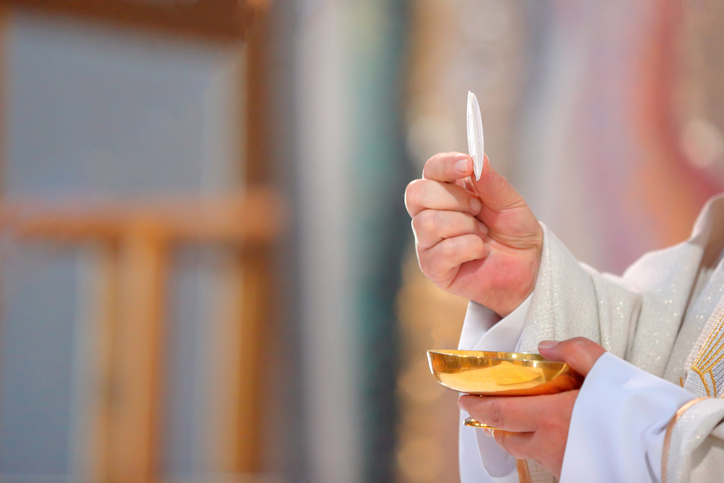
Priests and parishes are busy with the “huge task” of rescheduling thousands of First Communions, with social distancing doubling the number of ceremonies involved.
It remains unclear if children making their First Communion will have to wear masks.
One Dublin priest told the Irish Independent that the current guidelines suggest wearing a mask, but added: “We haven’t directly suggested to parents or children that they should wear one. We leave it up to individuals to choose”.
Fr Gerry Corcoran is moderator of four parishes in Donaghmede-Clongriffin-Balgriffin. In Holy Trinity parish in Donaghmede, there are 210 children for holy communion and 168 for confirmation from the parish’s seven schools.
Fr Corcoran stressed that the ceremonies would be “minimalist”, with no choirs, reduced in size and with everyone carefully socially distanced within the church in compliance with Covid-19 restrictions.

The Governor of Louisiana in the US has called for three days of prayer and fasting for people affected by coronavirus at a meeting with state religious leaders.
During a press conference on Thursday to discuss the state’s response to COVID-19, Democrat John Bel Edwards said that he received a request for the spiritual practice during a teleconference with religious leaders from across the state which he engages in every three weeks.
Acknowledging the unusual nature of the move, he said prayer and fasting are “a spiritual diet and exercise that I as a Catholic Christian believe is very important, anyway”.
The governor said he will be fasting from lunch Monday through Wednesday of this week, and “praying for the people of Louisiana,” especially the sick, their caretakers, and the families of those who have died from COVID-19.
“So if you’re inclined, please join me and the First Lady and faith leaders of Louisiana, regardless of your denomination or your religion, and we would ask that you join us in prayerful reflection and fasting,” he said.

The Catholic Church’s marriage service has welcomed Government funding in Northern Ireland to support marriage and family life during Covid-19.
Accord Northern Ireland Catholic Marriage Care Service has received £40,293 from the Department for Communities, in partnership with the National Lottery Community Fund. This funding will ensure that the charity can continue to support marriages, relationships and families during the Covid-19 crisis.
Accord’s NI Regional Director, Deirdre O’Rawe said; “The nature of the pandemic is having a significant impact on everyday life but its effects are very particularly felt amongst the most vulnerable in society. Accord NI is delighted to receive this funding and to continue playing a vital role along with other charities and voluntary sector agencies, in combating the impact of Covid-19 on marriages, relationships and families”.

Churches and clergy in Northern Ireland will not be forced to conduct same-sex marriage ceremonies, according to just published legal guidelines.
The regulations allow for officiants of churches to be appointed to solemnise same-sex religious marriages, with the consent of their governing authority.
However, they also put in place protections so that religious bodies (and individual officiants) “cannot be compelled by any means, including by the enforcement of a contract or a statutory or other legal requirement, to perform same-sex marriages or otherwise be involved in same-sex marriages.
The statement adds: “Equality law protections are also in place so that religious bodies and individual officiants will not unlawfully discriminate if they refuse to solemnise marriages because of the sexual orientation of the couple, and we have extended the protections to cover premises such as church halls and other buildings owned by (or on behalf of) a religious body, except where the premises are used solely or mainly for commercial purposes.”

An attempt to add two extreme abortion proposals to the UK Government’s flagship Domestic Abuse Bill has failed.
One would have lifted all restrictions on abortion up to 28 weeks. Another would have allowed both medical and surgical abortions to take place in any location if a woman were in an abusive relationship.
However, a range of MPs with disparate views on abortion argued against the amendment on the basis that abusers would use the law to force abortions on women they were controlling.
Sensing defeat, Labour MP Diana Johnson withdrew the amendment, rather than have it be defeated in a vote, while the other proposal was not even put to a debate.
Additionally Pro-life MP Fiona Bruce MP put forward an amendment calling for a review of the current temporary measures allowing ‘DIY’ abortions. The amendment called for the Government to conduct an “an inquiry into the safety, number, and impact of abortions carried out under the temporary coronavirus crisis provisions where the place of abortion was the woman’s home”.
The Government subsequently agreed to a full inquiry into the temporary ‘at-home’ abortion measures.
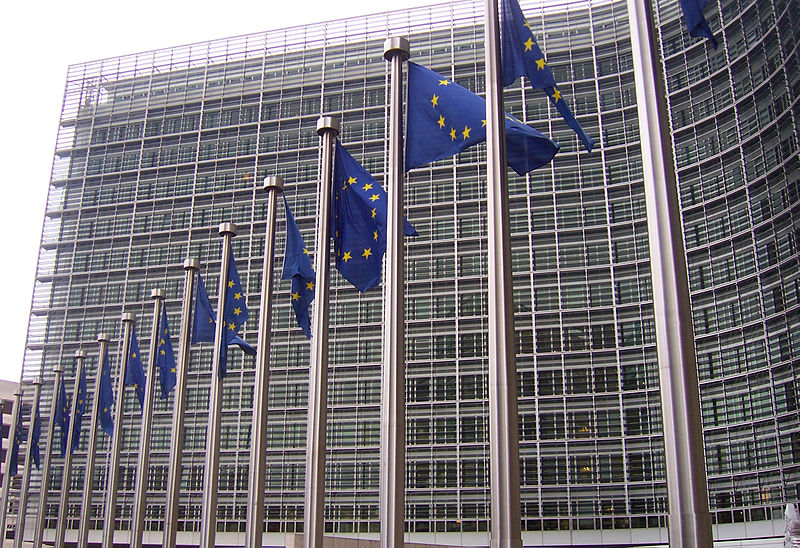
A Hungarian Christian Democrat member of the European Parliament has warned that growing secularism is to blame for Europe’s silence on human rights violations against religious minorities.
As the parliament debated the 2019 human rights annual report, György Hölvényi MEP insisted that “if Europe, guided by extreme secularism, is silent on violations against religious minorities, it commits complicity in the persecution and death of millions of people around the world”.
Mr Hölvényi warned that it is long-time experience that EU does not put enough pressure on governments that violate religious freedom in the world. Therefore, he said, repressive regimes simply see the EU attitude as one of consent. As a result, the governments concerned are free to continue violations, including against religious minorities.
“What needs to be done is clear: Europe must be strong and consistent. EU diplomacy must speak up whenever possible to protect persons and communities persecuted for their religious beliefs, both bilaterally and multilaterally,” he said.

The world is ill-prepared for a huge drop in population between now and the end of century. It is set to have a “jaw-dropping” impact on societies, say researchers.
Falling fertility rates mean nearly every country could have shrinking populations by the end of the century.
And 23 nations – including China and Japan – are expected to see their populations halve or almost halve by 2100.
Countries will also age dramatically, with as many people turning 80 as there are being born.
Researchers at the University of Washington’s Institute for Health Metrics and Evaluation showed the global fertility rate nearly halved to 2.4 in 2017 – and their study, published in the Lancet, projects it will fall below 1.7 by 2100.
As a result, the researchers expect the number of people on the planet to peak at 9.7 billion around 2064, before falling down to 8.8 billion by the end of the century.
“That’s a pretty big thing; most of the world is transitioning into natural population decline,” researcher Prof Christopher Murray told the BBC.
“I think it’s incredibly hard to think this through and recognise how big a thing this is; it’s extraordinary, we’ll have to reorganise societies.”
The falling fertility rates has nothing to do with sperm counts. Instead it is being driven by more women in education and work, as well as greater access to contraception, leading to women choosing to have fewer children.
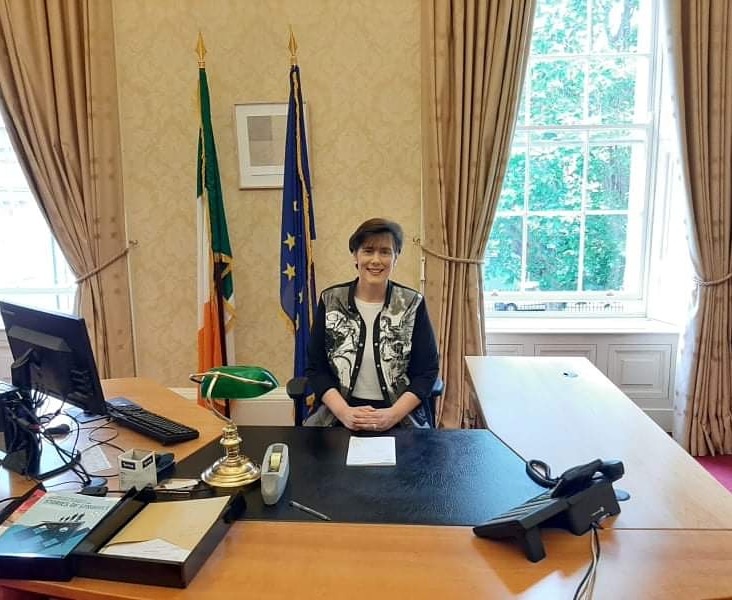
The new Minister for Education has indicated an openness to adding restrictions to the country’s permissive abortion regime.
In an interview with the Sunday Independent, first time TD, Norma Foley, said she believes in the rights of the unborn and added that she would not rule out arguing for restrictions to abortion when the current legislation is reviewed next year.
On school choice, she affirmed her commitment to expanding plurality in education and achieving a target of at least 400 multi-denominational primary schools by 2030.
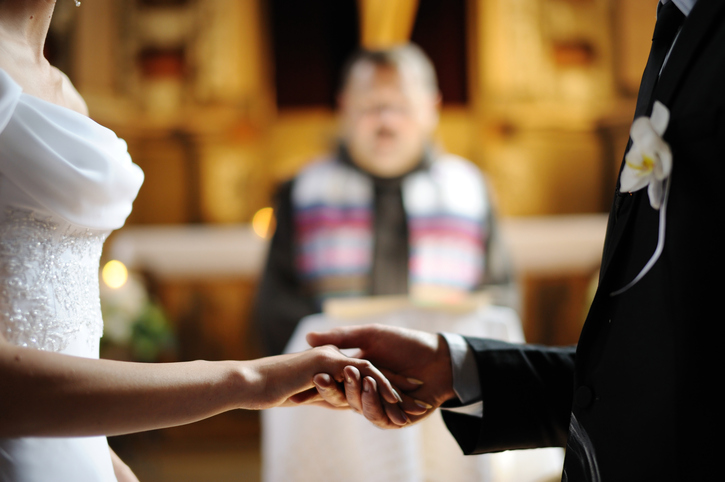
Russia voted in favour of a national referendum that defines marriage as exclusively a union between a man and a woman.
The referendum consisted of hundreds of constitutional changes, including one provision that will allow President Vladimir Putin to serve two more terms.
The referendum was voted on last week by the Russian public, with over two-thirds voting in favour of the numerous measures.
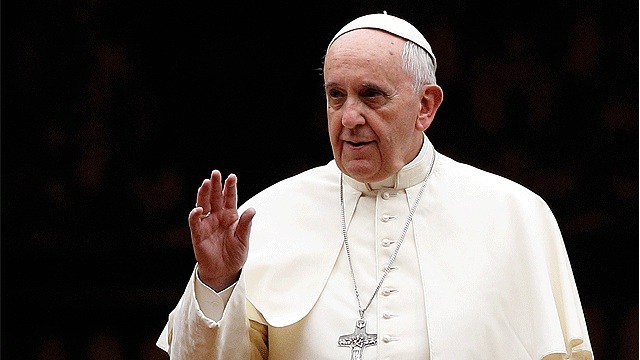
Pope Francis has said he’s “pained” by Turkey’s decision to convert Istanbul’s Hagia Sophia back into a mosque.
Speaking at a service in the Vatican, the Roman Catholic leader added that his “thoughts go to Istanbul”.
Hagia Sophia was built as a Christian cathedral nearly 1,500 years ago and turned into a mosque after the Ottoman conquest of 1453.
The Unesco World Heritage Site became a museum in 1934 under Turkish Republic founding father Ataturk.
But earlier this week a Turkish court annulled the site’s museum status, saying its use as anything other than a mosque was “not possible legally”.
Islamists in Turkey have long called for it to become a mosque again but secular opposition members opposed the move.
Several religious and political leaders worldwide have criticised the move.
The World Council of Churches has called on President Erdogan to reverse the decision. The Church in Russia, home to the world’s largest Orthodox Christian community, immediately expressed regret that the Turkish court had not taken its concerns into account when ruling on Hagia Sophia.